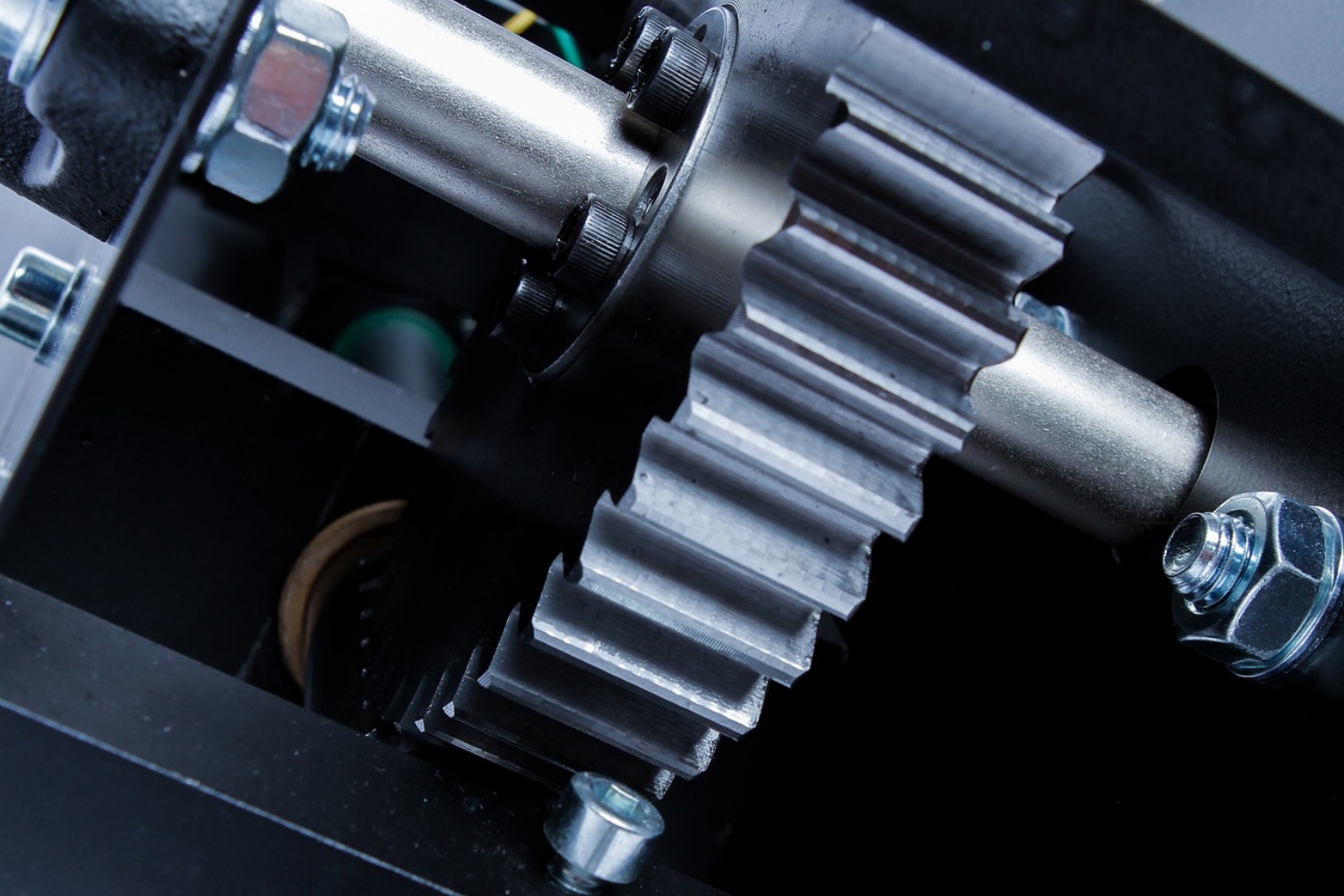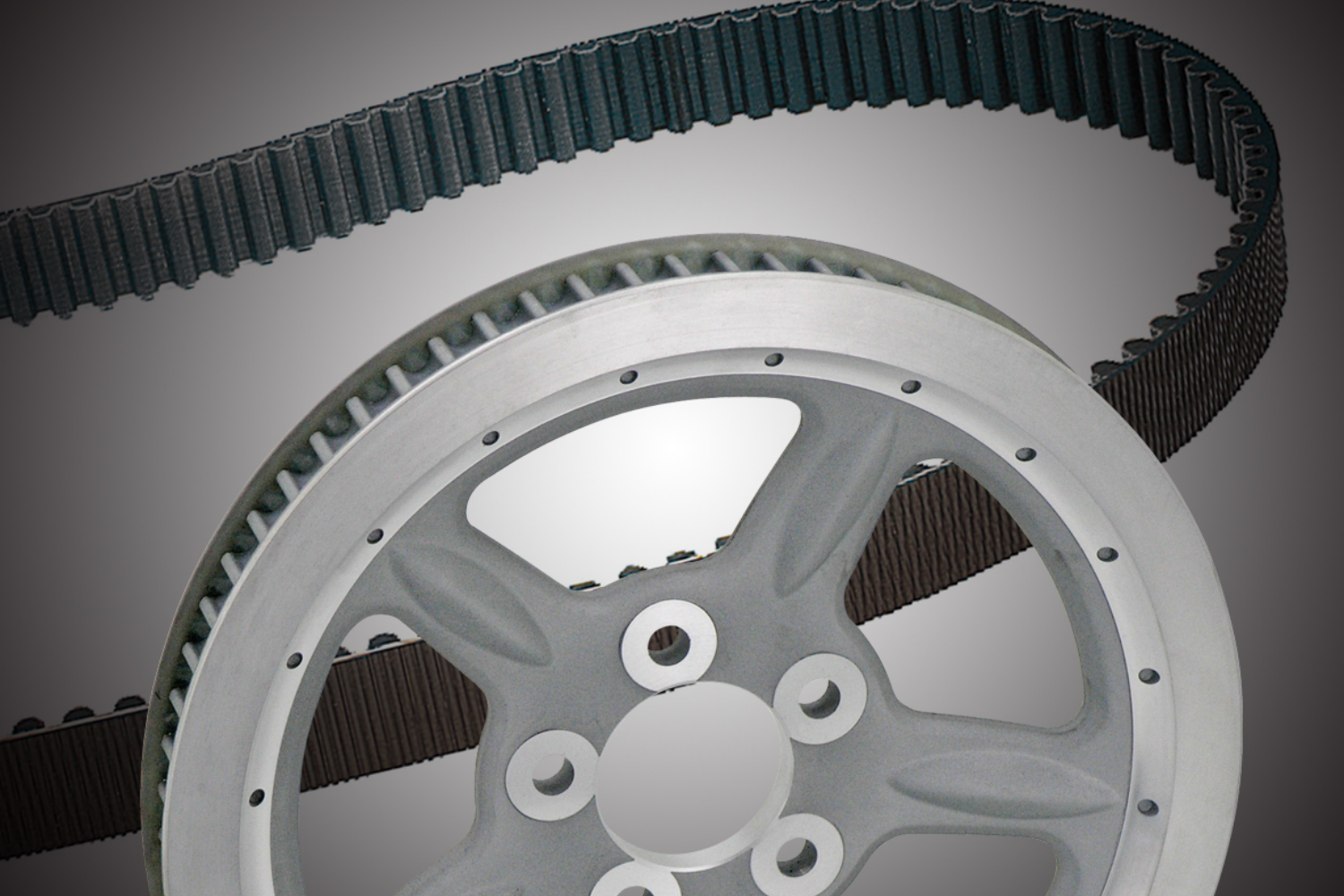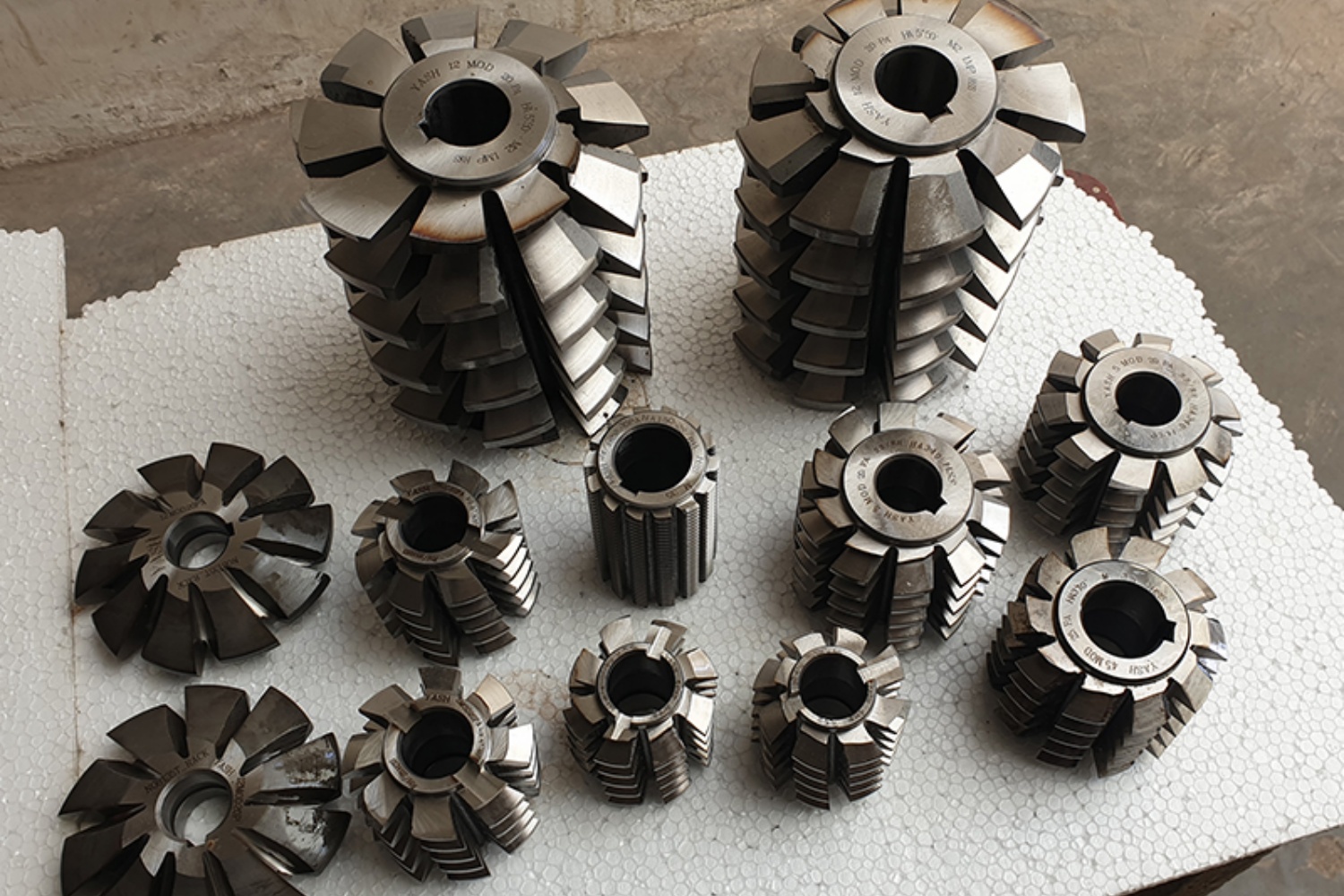Machining parts have played a vital role in various industries, including mechanical engineering and automotive manufacturing. These parts are utilized for a range of functions, such as transmitting power, controlling motion, and precision alignment. While machining parts may seem like a small component of a larger system, their impact on overall performance and efficiency cannot be overstated.Below, you’ll learn about the many benefits of using machined parts in your industry.
Improved Efficiency
Machining parts are typically made from high-quality materials that can withstand high levels of stress and wear. This material strength allows for more efficient power transmission and better resistance to failure. By using machining parts, you can improve the overall efficiency of your system while also reducing the potential for downtime due to equipment failure.
Reduced Weight and Size
Machining parts are often precision-crafted to eliminate unnecessary material and streamline design. This allows for a more lightweight and compact system, which can be especially advantageous in applications where portability and maneuverability are important. By using machining parts, you can create a more agile and responsive system that is better equipped to handle dynamic conditions.
Enhanced Durability
Machining parts are typically designed for longevity and durability. The precision manufacturing process ensures that each part is repeatable and uniform in its dimensions, which leads to a longer service life. By using machining parts, you can increase the overall durability of your system, reducing the need for frequent replacement and costly repairs.
Improved Accuracy
Machining parts are known for their precise tolerances and repeatability, which can significantly improve the accuracy of a system. In applications where precision alignment or dimensional tolerances are critical, machining parts can offer a distinct advantage over traditional manufacturing methods. By using machining parts, you can enhance the overall accuracy and reliability of your system while reducing the potential for errors and defects.
Ease of Maintenance and Repair
Machining parts often have smooth surfaces and clean edges, which make them easier to maintain and repair. This simplified geometry allows for easier lubrication and reduced friction, resulting in lower operating costs and less wear on the system. Additionally, the use of standardized machining parts can simplify the replacement process, reducing downtime and increasing overall system uptime. By using machining parts, you can lower the cost of ownership and improve system uptime through simplified maintenance and repair procedures.
Increased Safety
Machining parts often eliminate the need for complex manual processes or dangerous hand tools, which can be potential safety hazards in certain industries such as construction or manufacturing. By using machining parts that are precision-crafted and repeatable, you can reduce the potential for errors or accidents during installation or operation of the system. This increased safety can translate to a reduction in insurance premiums and overall liability for the organization.
The use of machining parts in your industry can bring numerous benefits to your operation, including improved efficiency, reduced weight and size, enhanced durability, improved accuracy, ease of maintenance and repair, and increased safety. By leveraging these benefits, you can achieve higher levels of performance, reduce costs, and improve overall system reliability. When selecting machining parts for your application, it is important to consider factors such as material quality, precision manufacturing techniques, and the specific requirements of your system to ensure optimal performance and longevity.
CONTINUE READING
Related Posts
In the world of industrial manufacturing, the efficiency and reliability of transmission systems are critical to the success of any […]
In industrial settings, a smooth and quiet power transmission system is crucial for productivity, safety, and worker comfort. V Belt […]
Splines play a critical role in mechanical power transmission systems, enabling rotational motion and torque transfer between mating components. These […]





